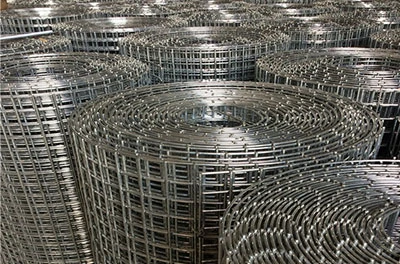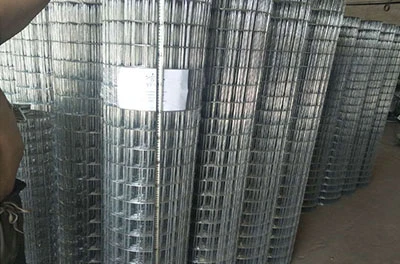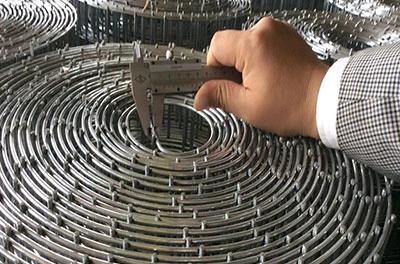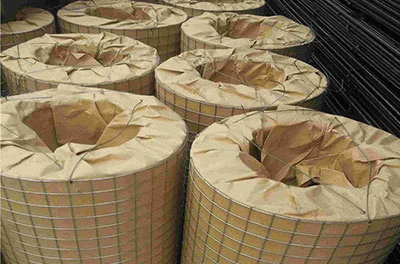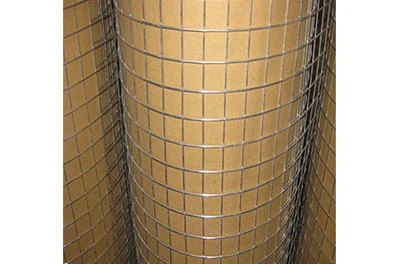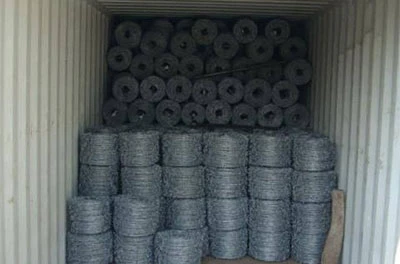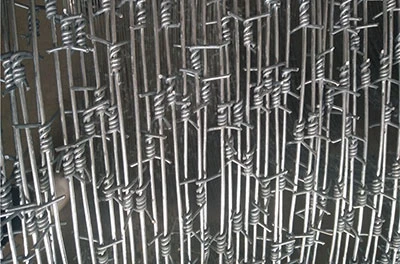Mar . 04, 2025 09:39 Back to list
concrete mesh types
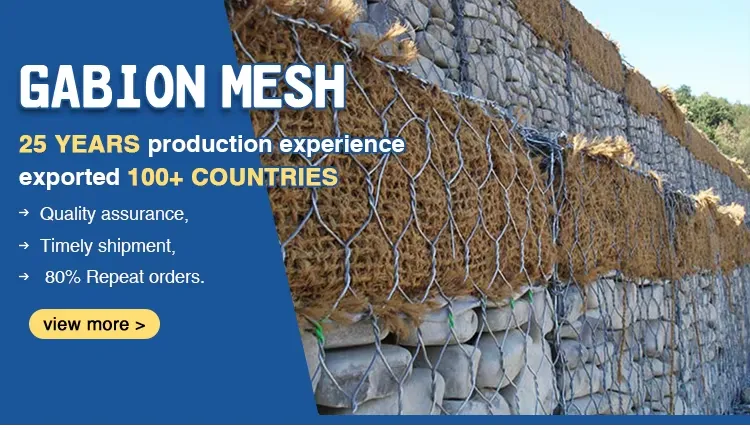
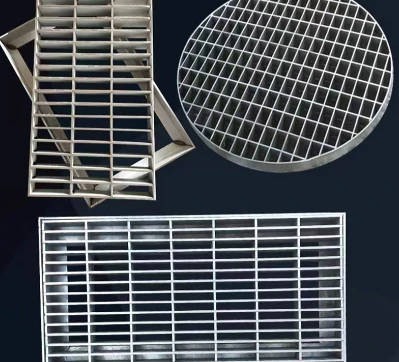
Woven Wire Mesh is produced by weaving wires into a robust and flexible mesh fabric. This type of mesh is renowned for its adaptability and is often utilized in complex design structures or in areas requiring intricate shaping, such as domed or curved surfaces. It excels in residential projects where non-standard dimensions demand pliability without sacrificing strength. Woven wire mesh is equally valued for its contribution to minimizing material waste, as its customizable nature means precise cuts can be achieved every time, reducing excess and supporting sustainable construction practices. From a product perspective, choosing the right concrete mesh type is critical in achieving both structural objectives and cost efficiency. Design engineers emphasize the importance of understanding each project's specific requirements before selecting a mesh type. Factors such as environmental conditions, load requirements, and aesthetic considerations guide these decisions, underscoring the mesh's role not just as a support component, but as a determinant of the construction's long-term performance and success. In conclusion, the diverse array of concrete mesh types offers invaluable options for construction projects worldwide. Whether opting for the robustness of welded wire mesh, the durability of expanded wire mesh, or the flexibility of woven wire mesh, each type provides a set of characteristics that meet specific needs. Professionals committed to excellence in construction can depend on these products to deliver on Experience, Expertise, Authoritativeness, and Trustworthiness, ensuring every build achieves the highest standards of quality and performance. By leveraging a deep understanding of these materials, construction experts can ensure project success, optimizing both the strength and longevity of their structures.
Latest News
-
Brick Mesh Wall Solutions | Enhanced by GPT-4 Turbo Design
NewsAug.01,2025
-
Premium Anti-Climb Fence Spikes for Sale
NewsAug.01,2025
-
Premium Peach Post Fence | Durable & Stylish Security
NewsJul.31,2025
-
Best Galvanized Grating Price - Durable Galvanized Steel Grating Solutions
NewsJul.30,2025
-
0.5-4.0mm Wire 2×2 4×4 8×8 Hot Dipped Galvanized Welded Mesh Roll
NewsJul.30,2025
-
Metal Fence Pickets for Sale – Durable Galvanized & Steel Options
NewsJul.29,2025
Our company owns has excellent CAD steel grating drawing designers, who can provide customers with perfect steel grating layout design and better meet customers' special requirements for products. We have been adhering to it the business tenet of "quality first, customer first", with high-quality products, reasonable prices, and the fastest delivery time, we wholeheartedly provide customers with a full range of services! Welcome new and old customers to cooperate sincerely and create brilliance together!
Contact Us
WELCOME TO OUR COMPANY!
Thank you for your interest in our services! If you have any questions or wousld like to book a service, please don’t hesitate to contact us. Our team is dedicated to providing you with the highest level of service and support, and we are committed to working with you to make your event a success.

Service Email

Service Phone
Product Center
Contact Us
- Phone: +86 +86 15733154345
- E-mail: sales@chengsenchina.com
- Address: B1213 GLOBAL CENTER, NO.226 ZHONGHUA NORTH STREET, SHIJIAHUANG, CHINA


